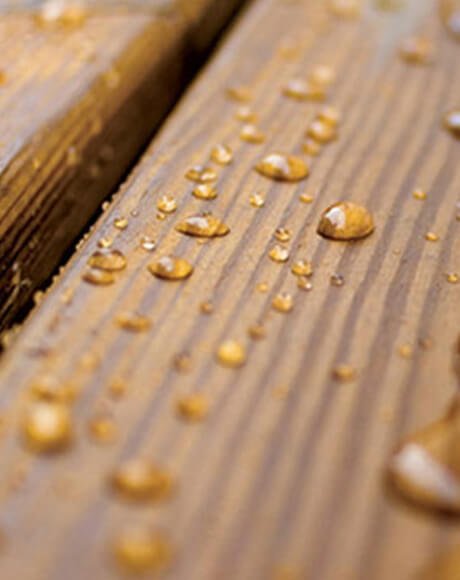Waterproof Plywood
Waterproof plywood, also known as marine plywood, is specifically designed to resist moisture and water damage. Here are some key features, uses, and considerations regarding waterproof plywood:
Advantages:
- Water Resistance: The primary advantage is its ability to withstand exposure to water without deteriorating or delaminating.
- Durability: Provides good structural integrity and durability, making it suitable for long-lasting applications.
- Versatility: Can be used in a variety of indoor and outdoor applications where moisture resistance is essential.
- Stability: Resistant to warping, twisting, and cracking that can occur with exposure to moisture.
Features:
- Construction: Waterproof plywood is typically made from hardwood or hardwood veneers, with each layer (ply) bonded together with waterproof glue. This construction prevents water from penetrating the plywood and causing delamination or weakening of the material.
- Glue Type: The adhesive used in waterproof plywood is usually phenol formaldehyde (PF) resin, which is highly resistant to water and moisture.
- Layers and Thickness: It generally consists of more layers (plies) than standard plywood, and the thickness can vary depending on the intended application.
- Surface Treatment: Some types of waterproof plywood may also have a treated surface or coating to enhance water resistance further.



